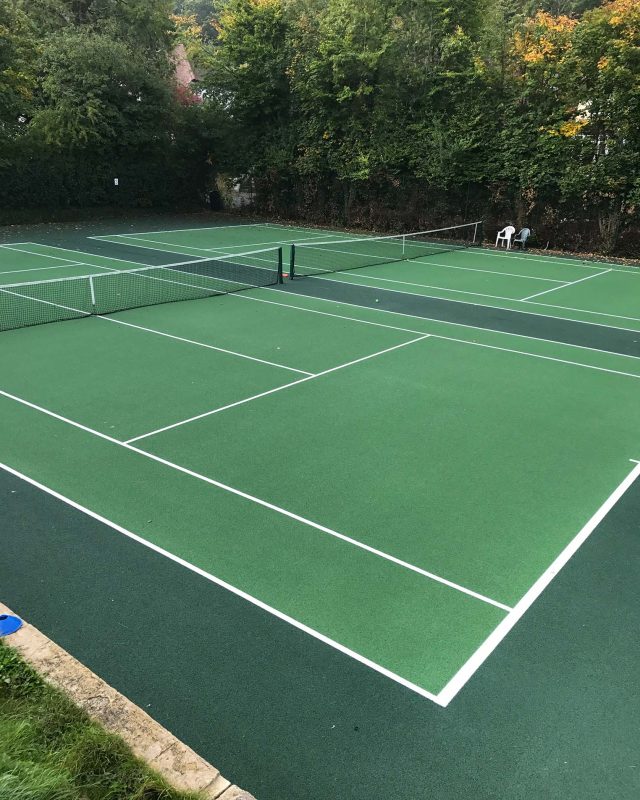
OUR LATEST NEWS
The decline of Football Pitches – Are Artificial Sports Pitches the answer?

OUR LATEST NEWS
The decline of Football Pitches – Are Artificial Sports Pitches the answer?
By clicking "Accept All Cookies", you agree to the storing of cookies on your device to enhance site navigation, analyse site usage, assist in our marketing efforts, and for personalised advertising.